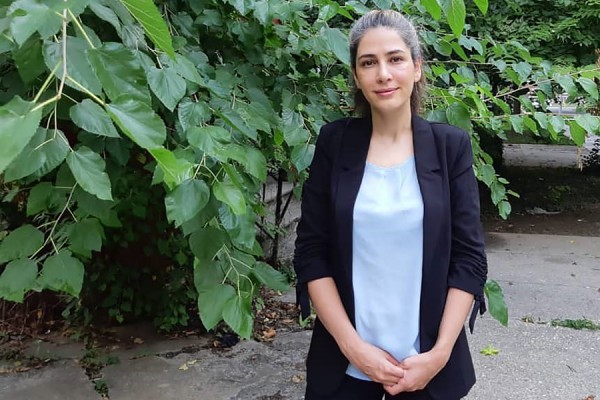
We live in a world where cars drive themselves, thermostats are set via smart phones, and home security systems can be armed and monitored remotely.
But how can we ensure the tiny components connecting these devices to the Internet are safe from malicious interference?
That’s the problem UWindsor graduate student Sahereh Sahandabadi is probing. As part of a larger research project in collaboration with Canadian telecommunications company Telus on 5G technology, the Master’s student in engineering is looking for ways to build safeguards into Internet of Things (IoT) devices.
“A crucial factor for the IoT devices is security and reliability,” said Sahandabadi. “Since these devices have limited battery power and can’t accommodate complicated processes in their sensors, new algorithms and methods are needed to provide this reliability.”
— Published on Dec 20th, 2020

The rise of the COVID-19 pandemic has exposed a worldwide need for readily accessible, high-grade face masks. A University of Windsor professor of materials engineering aims to mitigate this problem.
“The limited supply of essential protective equipment such as N95 face masks, which have been determined to aid in minimizing the spread of this disease, has proven detrimental to both health professionals and the public,” says Reza Riahi.
He is working with local manufacturers to develop activated nano-fibre layers produced by an electrospinning method, where a high voltage is applied to a polymer solution to produce nano-fibres with a high surface area and surface charges. These layers can be used to fabricate filters that are more effective than N95 masks, Dr. Riahl says.
“By using porous functional nano-fibre layers, we can produce high-efficiency mask filters to block fine particles, including bio-airborne, while minimizing breathing effort,” he says of the material, which can also be used as a filter in home-made masks or as a standalone fabric to make masks.
— Published on Dec 20th, 2020
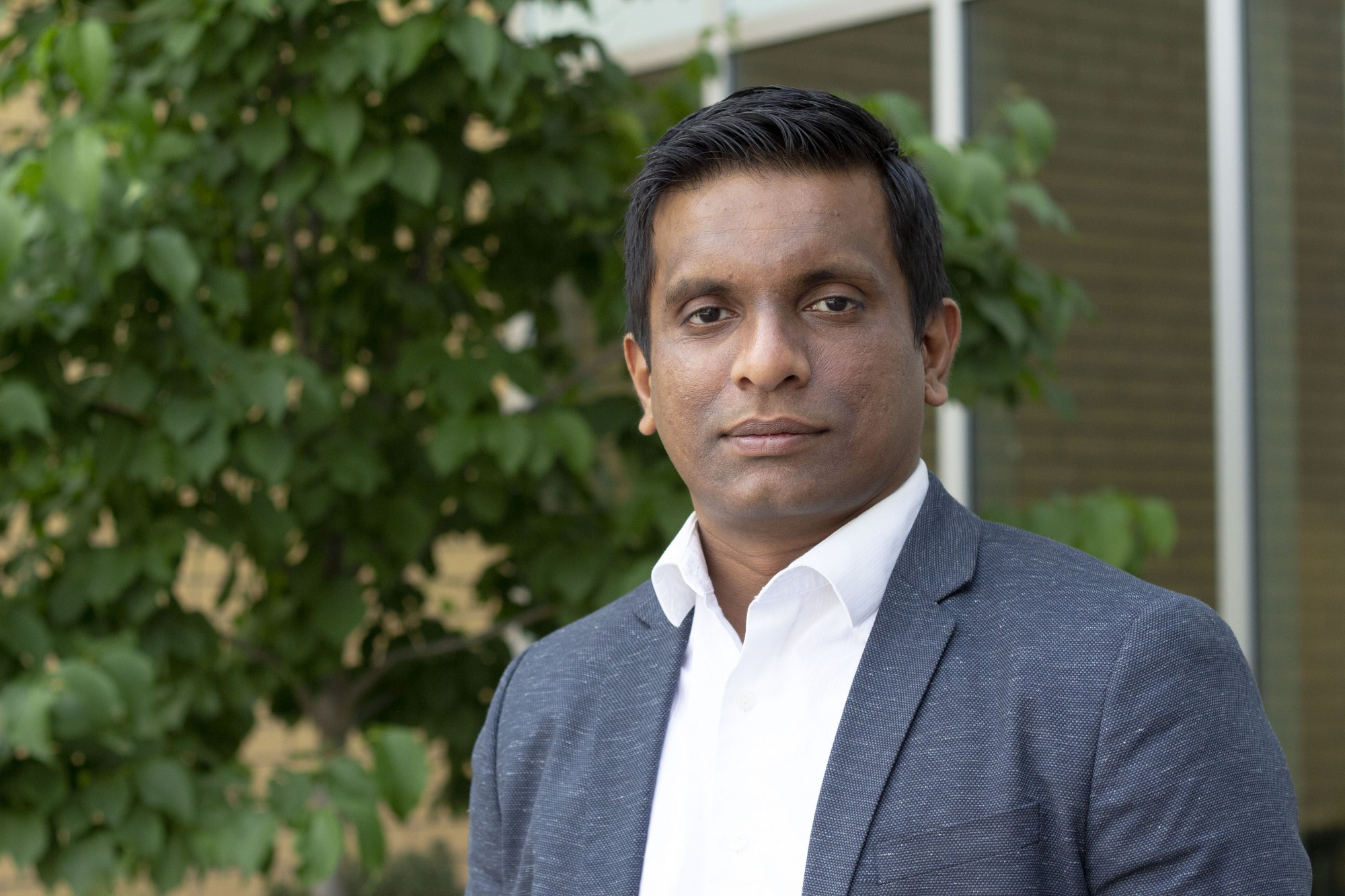
University of Windsor researchers are using computer modeling to help construction workers operate safely and efficiently during pandemics.
Civil engineering professors Rajeev Ruparathna and Niel Van Engelen are developing an implementation strategy for maintaining physical distance using a Building Information Modeling (BIM)-based optimized work schedule. The 4D modeling feature of BIM will allow the duo to predict construction worker movements and make alterations to project schedules to mitigate health risks.
“Site managers will be able to leverage the proposed scheduling technique and training material to enhance site productivity and safety, and avoid costly shutdowns during pandemics,” says Dr. Ruparathna.
— Published on Jan 5th, 2021
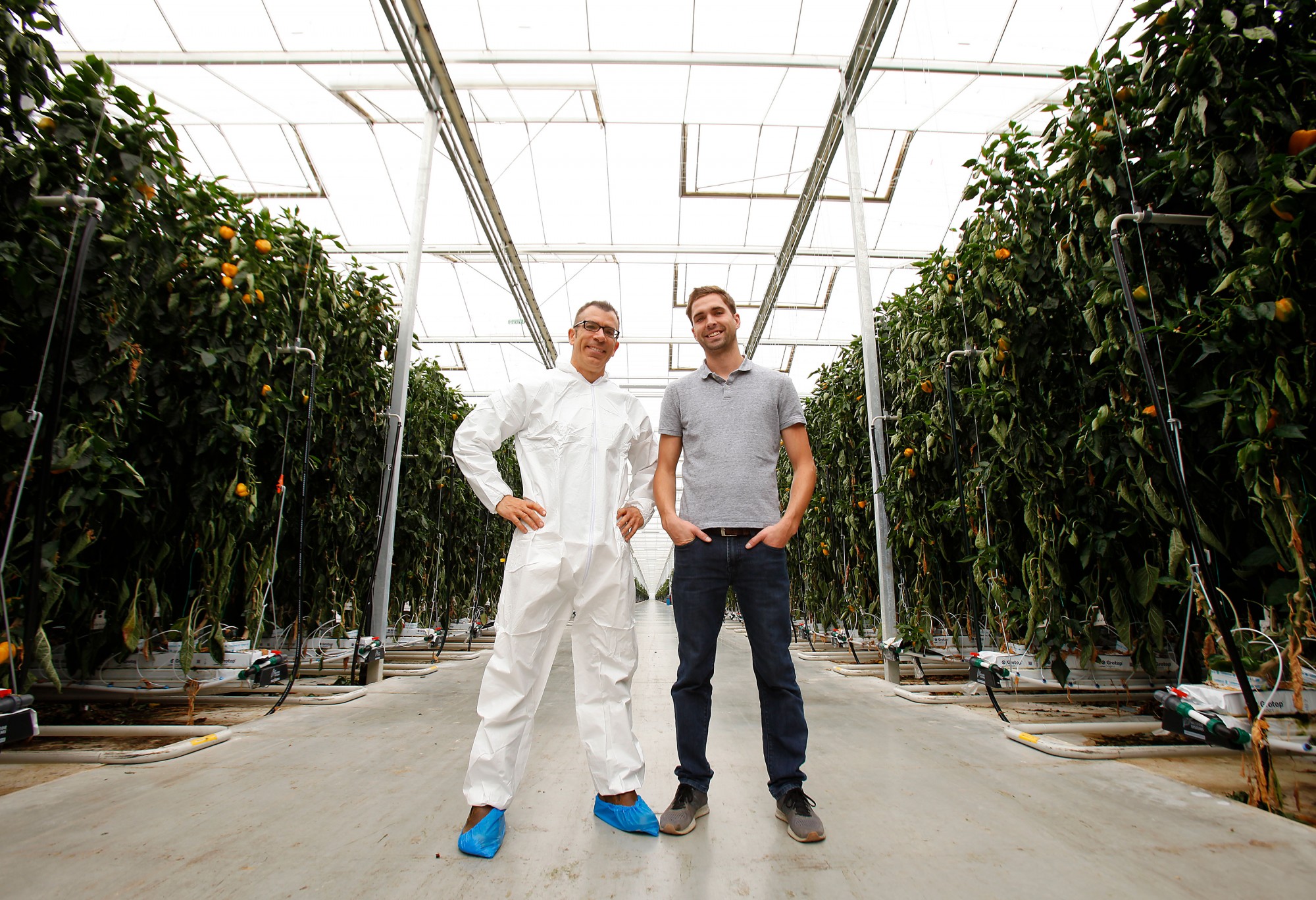
A team of University of Windsor researchers is leading a national effort on the next frontier of sustainable and accessible food.
Working with experts from government labs and industry, the multidisciplinary team is using a new growing environment modeling tool and advanced additive manufacturing — often referred to as 3D printing — to explore how leading-edge greenhouse technology can be delivered to remote locations and optimized to reduce energy costs and increase production.
“We can explore how more radical changes, like using earthen walls or solar glass, could potentially benefit a leading-edge greenhouse without ever interrupting ongoing commercial operation,” says Rupp Carriveau, the project lead and director of UWindsor’s Environmental Energy Institute.
Dr. Carriveau says the team has created energy harvesting models to design distributed, networked, power systems to provide increased and more sustainable energy for a rapidly expanding sector. Controlled environment agriculture (CEA) such as greenhouses, vertical farms, and plant factories can increase access, yield density, uniformity, and nutritional specificity of food production.
— Published on Jan 5th, 2021

Improving the efficiency and power density of electric vehicle powertrain systems is the focus of a partnership between UWindsor researchers and a leading global automotive supplier.
Dr. Ram Balachandar will conduct a $326k project — in collaboration with mobility technology company Magna International, the largest automotive supplier in North America — that aims to improve cooling systems for electric motors and power electronics while reducing costs.
As temperatures rise inside the power electronic converters and electric motors, their peak power rating, operational efficiency and power density are diminished.
“This necessitates the need for improved thermal management and packaging design of the inverters and motors keeping stringent automotive cost targets,” Balachandar says.
— Published on Dec 20th, 2020

It’s always been Taku Chitekeshe’s dream to design aircrafts.
The mechanical engineering student never thought one day he’d be flying them.
Thanks to a partnership between UWindsor’s Faculty of Engineering and the Aeronautics Leadership Program housed in the university’s Faculty of Arts, Humanities and Social Sciences, Chitekeshe is the first student specializing in aerospace engineering who has completed his Private Pilot’s License (PPL).
“The first time I flew alone, I felt accomplished,” Chitekeshe says. “It has been intriguing to learn how aircrafts are designed, but after getting the experience to fly an airplane, my dream job would be to combine those two aspects — to design aircrafts and to test them.”
— Published on Jan 5th, 2021

A UWindsor researcher is developing a low-cost ventilator that can be assembled from off-the-shelf components and has almost no moving parts.
Jeff Defoe, a professor of mechanical engineering, will take a simple ventilator design from an initial concept to a working prototype. Dr. Defoe says he expects his model to cost approximately one-tenth the price of most current ventilators.
“The final design will be openly available to enable widespread adoption for manufacturing in case future waves of COVID-19 or other respiratory diseases require high levels of hospitalization in intensive care with ventilators,” he says.
Defoe will finalize the design using flow simulation tools that include human lung and chest cavity characteristics. When the design is proven in a simulated environment, a prototype will be constructed and tested on a medical-grade patient lung simulator device that provides accurate representations of adult pulmonary mechanics and the lung capacity of a typical adult patient.
— Published on Dec 20th, 2020

Finding ways to make fossil fuels burn cleaner is the focus of a new research project by a doctoral candidate in UWindsor’s Faculty of Engineering.
Arash Khabazipur is looking at ways to interfere with soot formation by diluting fuel with gases such as nitrogen and hydrogen. Using an algorithm that replaces lab experiments with numerical code, he runs computer simulations to find permutations that result in reduced soot emissions.
“This research project directly addresses the environmental issues arising from hydrocarbon fossil fuel combustion,” Khabazipur said. “Canada and the U.S. are among the top fossil fuel consuming countries in the world, so this area of research is in intense demand.”
Khabazipur is among 107 UWindsor students who have received $6,000 research training grants in a recent funding call. His project is being funded by the University of Windsor and Mitacs, a national not-for-profit organization that creates partnerships among Canadian academia, private industry, and government to provide research and training opportunities.
— Published on Jan 4th, 2021
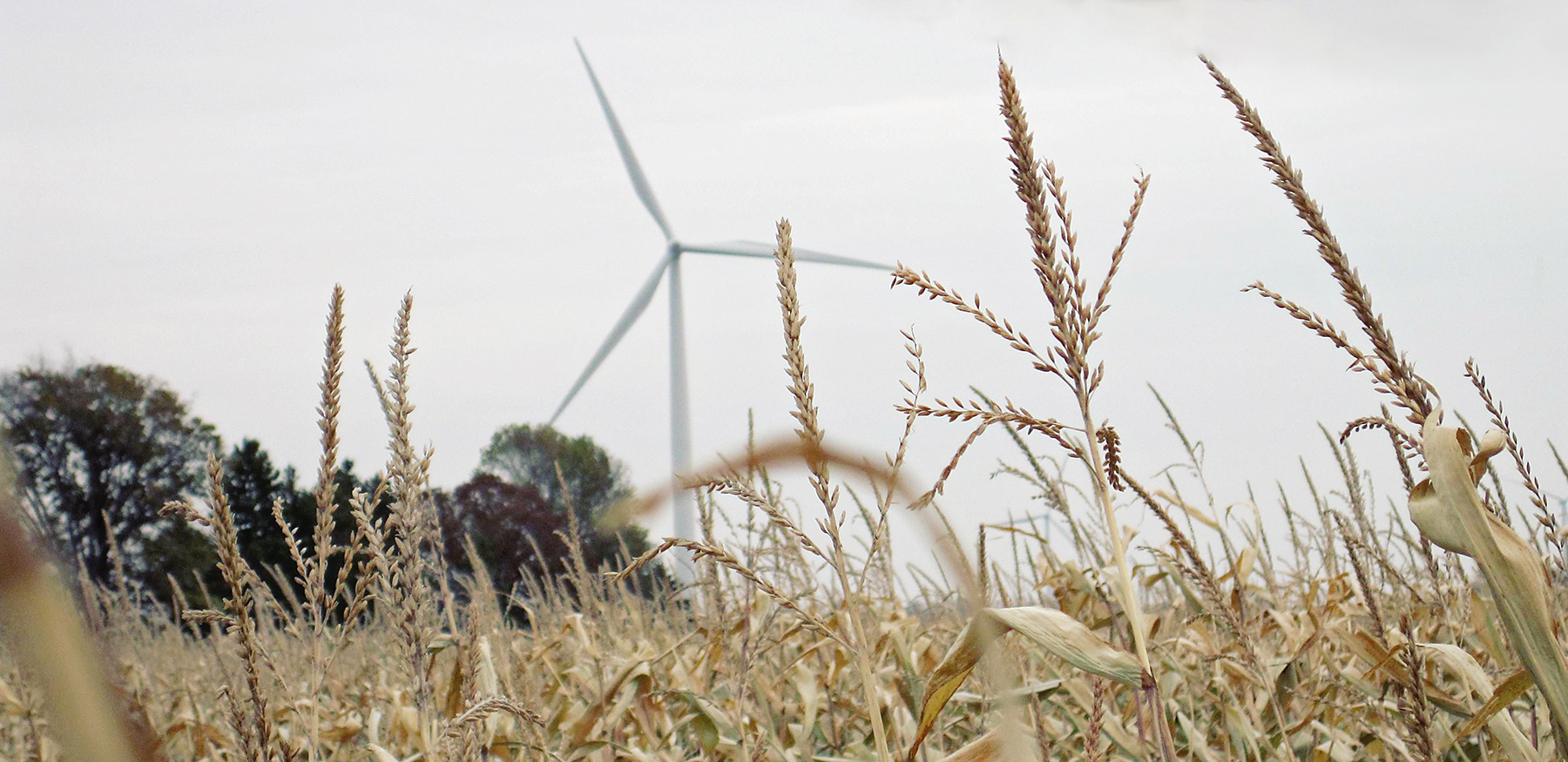
The University of Windsor’s student chapter of the Association of Energy Engineers has attracted international notice for its outstanding achievements.
The chapter will be recognized virtually in late fall by the Association of Energy Engineers (AEE) at its world conference, receiving an award in the association’s international division for hosting the Best Student Chapter Meeting, which included a panel session with industry professionals from the Windsor-Detroit Bridge Authority, CanWEA, and Chall.Eng. Corporation.
— Published on Dec 20th, 2020
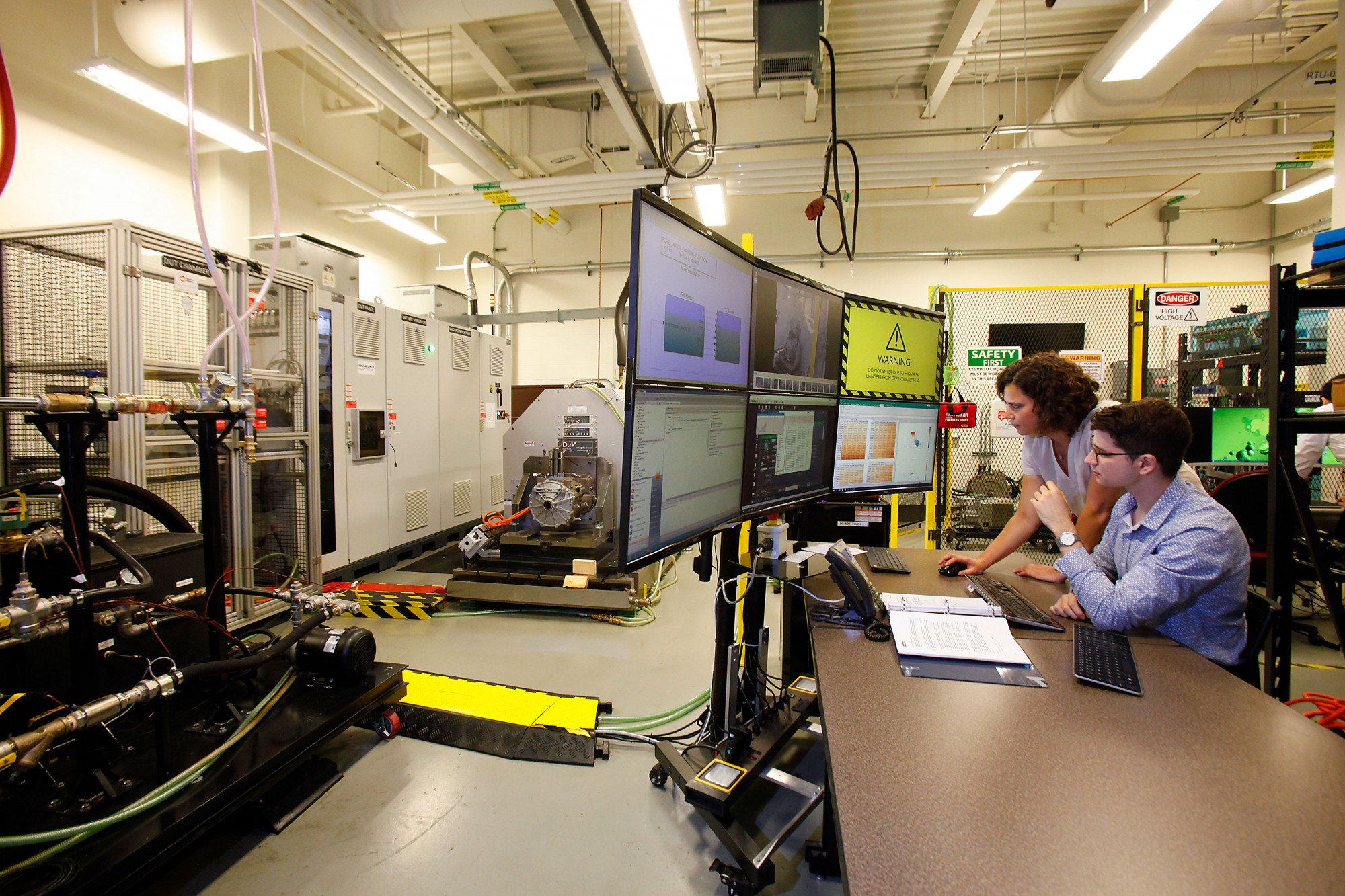
An injection of nearly $4.3 million in federal and industry funding will spur University of Windsor next–gen electric vehicle research conducted in collaboration with the Canadian auto industry.
A multidisciplinary team of University of Windsor researchers led by the Faculty of Engineering’s Dr. Narayan Kar has received funding from the Natural Sciences and Engineering Research Council of Canada (NSERC) in the amount of $1.9 million with additional industry cash and in-kind investment of $2.4 million to develop lightweight, compact, aluminum–intensive induction motors for electric vehicles as well as motor testing technologies.
These high–efficiency, high–performance motors have the potential to significantly reduce costs and extend the driving range of electric cars to meet aggressive 2025 traction motor targets set by the U.S. government, automakers and energy companies.
Ford Motor Company of Canada, D&V Electronics and Nemak are partnering on and providing funds toward the research project that includes UWindsor experts in materials, electrical, mechanical, thermal and software engineering.
— Published on Jan 13th, 2021










